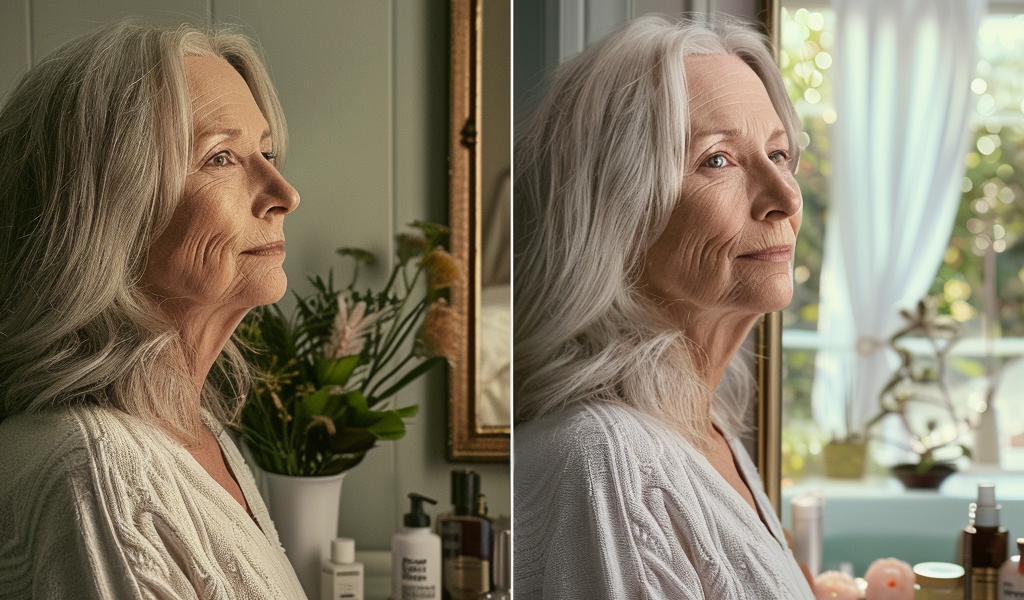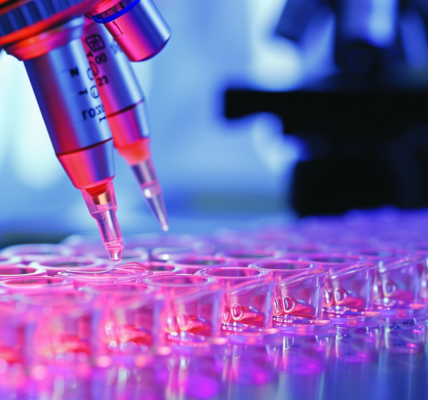As we navigate through life, the concept of aging often looms large in our minds. While we dream about future milestones like promotions, home purchases, or exciting vacations, the reality of growing older can be daunting. In a society that is increasingly fixated on youthfulness, many individuals are actively seeking ways to combat the visible signs of aging. This obsession has led to a surge in anti-aging products and treatments, prompting the question: Are these measures necessary at a younger age?
From a wide array of skincare products promising to restore youthful skin to cosmetic procedures that aim to smooth out wrinkles, the anti-aging industry has exploded. Social media further fuels this obsession, with influencers and celebrities often using filters to present an ageless facade. However, understanding the natural aging process and distinguishing between normal signs of aging and those that indicate premature aging is crucial.
Understanding Normal Aging vs. Premature Aging
To grasp the concept of premature aging, it is essential first to recognize what normal aging looks like. According to dermatologists, as we age, our skin undergoes various changes. These changes can include a decrease in collagen production, loss of elasticity, and a reduction in moisture levels, leading to wrinkles, sagging, and dryness.
However, not all individuals experience these changes at the same rate. Some may notice the onset of fine lines and age spots in their 30s, while others may not see significant changes until their 50s or beyond. This variability often raises the question: what causes some people to age more rapidly than others?
Common Causes of Premature Aging
Several factors contribute to the acceleration of the aging process, and understanding these can help individuals take proactive measures to protect their skin. Dr. Deanne Mraz Robinson, a board-certified dermatologist, emphasizes that while genetics play a role, lifestyle choices are often the primary drivers of skin aging.
- Unprotected Sun Exposure: One of the most significant contributors to premature aging is sun damage. Ultraviolet (UV) rays from the sun can lead to skin discoloration, wrinkles, and even skin cancer. Dermatologists recommend using broad-spectrum sunscreen daily, even on cloudy days.
- Smoking: The harmful chemicals in cigarettes can damage collagen and elastin, leading to premature wrinkles and a dull complexion. Quitting smoking can have immediate and long-term benefits for skin health.
- Air Pollution: Environmental pollutants can penetrate the skin barrier and contribute to oxidative stress, accelerating the aging process. Regular cleansing and the use of antioxidants can help mitigate these effects.
- Poor Stress Management: Chronic stress can lead to inflammation and hormonal changes that negatively impact skin health. Incorporating stress-reducing practices like yoga, meditation, or regular exercise can be beneficial.
- Poor Diet: A diet lacking in essential nutrients can affect skin health. Foods rich in antioxidants, vitamins, and healthy fats are crucial for maintaining youthful skin.
- Nutritional Deficiencies: Deficiencies in key nutrients, such as vitamins A, C, and E, can lead to premature aging. A balanced diet or supplementation may be necessary to support skin health.
- Increased Alcohol Consumption: Excessive alcohol intake can dehydrate the skin and lead to a loss of elasticity. Moderation is key for maintaining a youthful appearance.
- Genetic Disorders: Certain genetic conditions can predispose individuals to premature aging. Consulting with a dermatologist can help those affected understand their specific risks.
- Exposures to Chemicals or Radiation: Regular exposure to harmful chemicals or radiation can cause skin damage and accelerate aging. Protective measures should be taken in environments where exposure is possible.
- Drug Use: Some medications can have side effects that impact skin health, leading to premature aging. Discussing concerns with a healthcare professional can provide clarity and alternatives.
Signs of Premature Aging
Being aware of the signs of premature aging can help individuals take action before significant damage occurs. Common indicators include:
- Fine lines and wrinkles appearing earlier than expected, particularly around the eyes and mouth.
- Loss of skin elasticity, leading to sagging or drooping skin.
- Uneven skin tone or the development of age spots.
- Dryness and rough texture that may indicate a lack of moisture.
- Increased sensitivity or irritation, which can be a sign of compromised skin barrier function.
Preventive Measures for Healthy Aging
Taking proactive steps to protect the skin can make a significant difference in the aging process. Here are some recommendations from dermatologists:
- Daily Sunscreen Use: Apply a broad-spectrum sunscreen with an SPF of at least 30 every day, even in winter or on cloudy days.
- Hydration: Keep the skin hydrated with moisturizers that contain hyaluronic acid, glycerin, or ceramides.
- Balanced Diet: Incorporate a diet rich in fruits, vegetables, whole grains, and healthy fats to support skin health.
- Regular Exercise: Engage in physical activity to improve circulation and promote healthy skin.
- Avoid Smoking and Limit Alcohol: Quitting smoking and moderating alcohol consumption can significantly benefit skin appearance.
- Gentle Cleansing: Use gentle cleansers and avoid harsh scrubs that can irritate the skin.
- Regular Dermatological Check-ups: Regular visits to a dermatologist can help monitor skin health and address any concerns early.
As we continue to explore the complexities of aging, it is essential to remember that while we cannot stop the clock, we can take steps to ensure that our skin remains healthy and vibrant. By understanding the factors that contribute to aging and implementing preventive measures, individuals can embrace the aging process with confidence.





